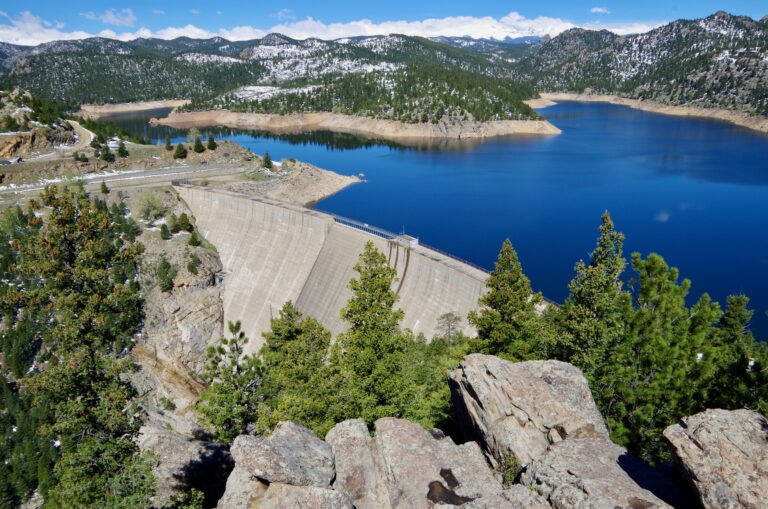Major Legal Victory Against Colorado’s Gross Dam Expansion Project
By: Waterkeeper Alliance

Today, the United States District Court for the District of Colorado granted Waterkeeper Alliance and its partners—Save the Colorado, The Environmental Group, WildEarth Guardians, Living Rivers, and Sierra Club—a major legal victory against the U.S. Army Corps of Engineers’ unlawful dredge-and-fill permit for the expansion of the Gross Dam in Colorado, a part of Denver Water’s Moffat Collection System. The petitioners are represented by Eubanks & Associates, PLLC.
The proposed Gross Reservoir Expansion Project, which threatens to destroy over 400 acres of vital forest land, obliterate wildlife habitats, and divert precious water from already fragile river ecosystems, was successfully challenged on several grounds, including violations of the federal Clean Water Act and the National Environmental Policy Act.
“The court’s ruling in our favor is a monumental win that will help safeguard the waterways and communities of Boulder County and beyond from this irresponsible and destructive project,” said Daniel E. Estrin, General Counsel and Legal Director for Waterkeeper Alliance. “The Army Corps’ consideration of reasonable alternatives to Denver Water’s preferred project and its determination of the Least Environmentally Damaging Practicable Alternative were fatally flawed. We are grateful that the Court performed the careful review of the administrative record necessary to reach that inescapable conclusion.”
The comprehensive 86-page ruling explicitly states that the U.S. Army Corps of Engineers failed to comply with key environmental regulations, marking a significant step toward ensuring that responsible alternatives are considered for water management in the region.
The Gross Dam expansion, if completed, will result in the tallest roller-compacted concrete dam in the United States, exacerbating the already critical water shortage situation in the Colorado River Basin, which serves 40 million people. As the region grapples with heightened demand and dwindling supply, this ruling sets a crucial precedent for prioritizing sustainable water management practices.